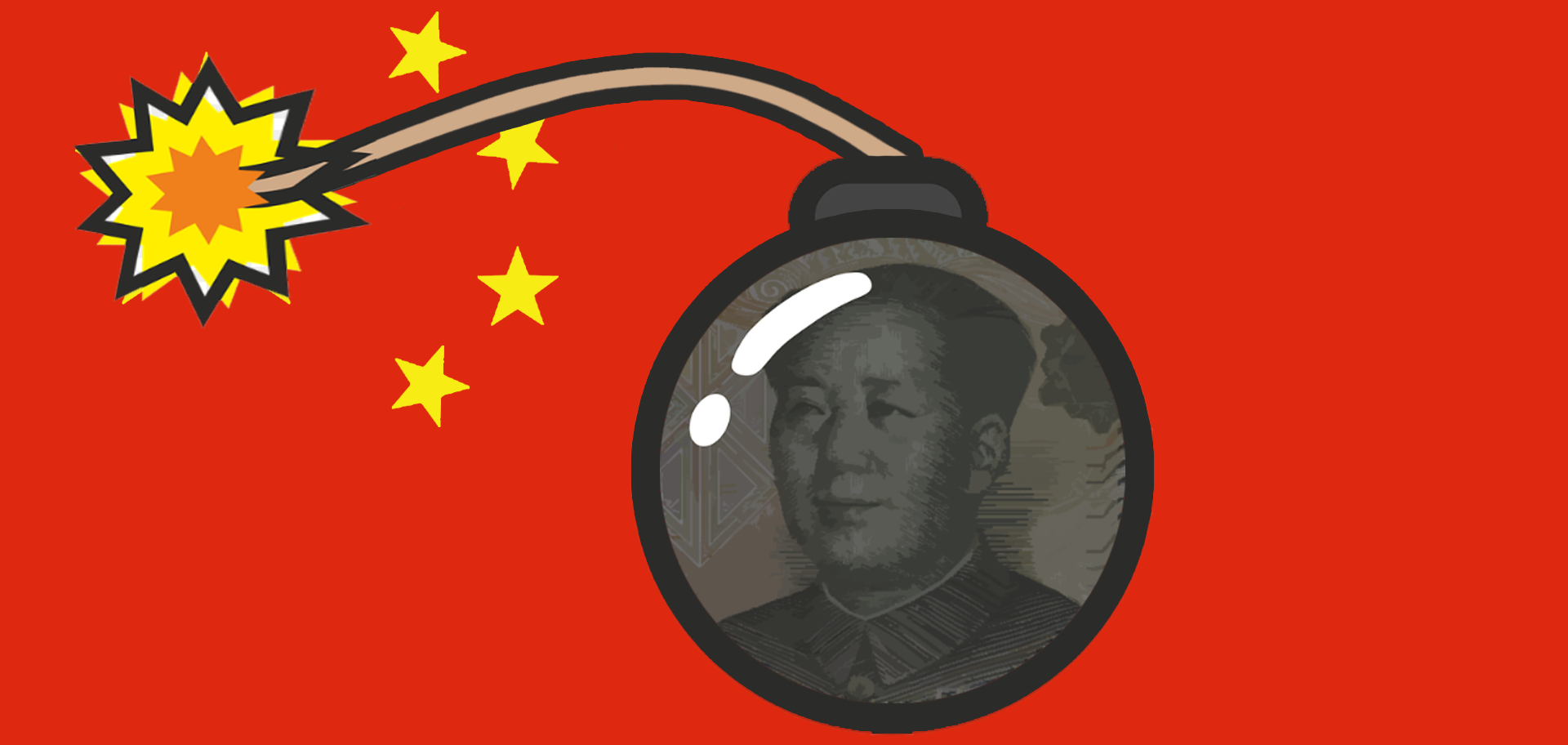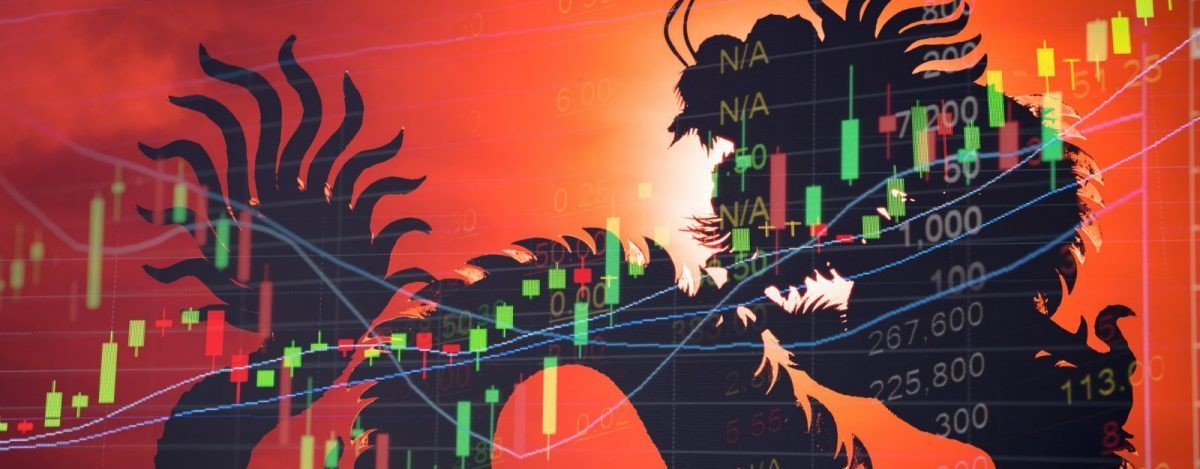Few topics generate more confusion than the local government debt (or) LGD one, in light of the fact that bookkeeping has been horrendous to such a degree that… well, pretty much nobody can clearly state how much debt we are even talking about, with estimates ranging from 35% to 60% of China’s GDP. At its
Our Blog
May
- No Comments
Household Debt in China: A Misunderstood and Underestimated Risk Factor?
We have dedicated an article to explaining what the three main types of debt are when it comes to China, an article to the elephant in the room which is the corporate debt dimension and another article to public debt, which is a boogeyman for countries such as Japan (with its public debt to GDP
May
- No Comments
Chinese Assets and Trading Volume: Volatility-Facilitated Opportunities or Recipes for Disaster?
One of the main mistakes made by retail investors revolves around limiting themselves to analyzing price action and assuming that is all there is to it. For example, they see an asset (Chinese or otherwise) which went up continuously for 4 months and assume that this price action is extraordinarily bullish, with FOMO (Fear Of
May
- No Comments
Does China Have a Government (Public/National) Debt Problem?
Before continuing, we want to make it clear that this article only refers to government debt, also called public debt or national debt. As such: Household debt is not included Corporate debt is not included For more information on the types of debt that are relevant when analyzing a country, we would strongly recommend reading
May
- No Comments
China’s Corporate Debt and Recent Default Fears: From Chinese to Global Threat
As mentioned in another article, there are three main types of debt we need to keep in mind when analyzing a country: household debt (mortgages, personal loans, etc.), corporate debt (corporate loans/bonds) and government debt. Ask the average observer what type of debt he/she is least familiar with and, of course, corporate debt will most
May
- No Comments
Is China More Indebted Than Western Nations? (Broad) Types of Debt Explained
You might hear one expert state that China is less indebted than Western nations and then a few minutes later, flip the channel and come across another expert who just as confidently states that China is more indebted than Western nations, with the average observer left scratching his head and assuming this issue is just
May
- No Comments
China’s Bond Market: Sheer Size vs. Unaddressed (or Improperly Addressed) Issues
As explained rather frequently here on ChinaFund.com, it is difficult to find even one metric based on which China is not dominating. For example, at this point in time, the world’s largest banks are Chinese and on a similar note, China has the world’s number two equity market, let’s not even talk about “the usual
May
- No Comments
China and Vietnam Relations: From Millennial Turbulence to Modern-Day Incentives
China and Vietnam have been “in touch” geopolitically since well before many other of today’s nations were even close to being on the map, so let’s just say we can safely check the track record box. Furthermore, their shared border is almost in the 1,300 km zone and as such, there is most definitely enough
May
- No Comments
China and Syria: A Key Piece of the Regional Geopolitical Puzzle?
Geopolitical discussions pertaining to Syria tend to primarily revolve around Russia and Iran, with China oftentimes receiving far less attention. A most peculiar state of affairs in light of the fact that China sees Syria as a critical element with respect to its long-term goal of exerting dominance in the Middle East, a region multiple
May
- No Comments
Calculating Your ROI (Return on Investment) with Chinese Assets: From Numbers on a Screen (Unrealized Gains/Losses) to Reality (Realized Gains/Losses)
Time and time again, whether we are referring to those who dabble in more exotic assets such as Chinese options or those who prefer limiting themselves to trails that have already been blazed many times over, investors and traders make the mistake of not understanding the vital distinction between “paper profits” and gains that found











